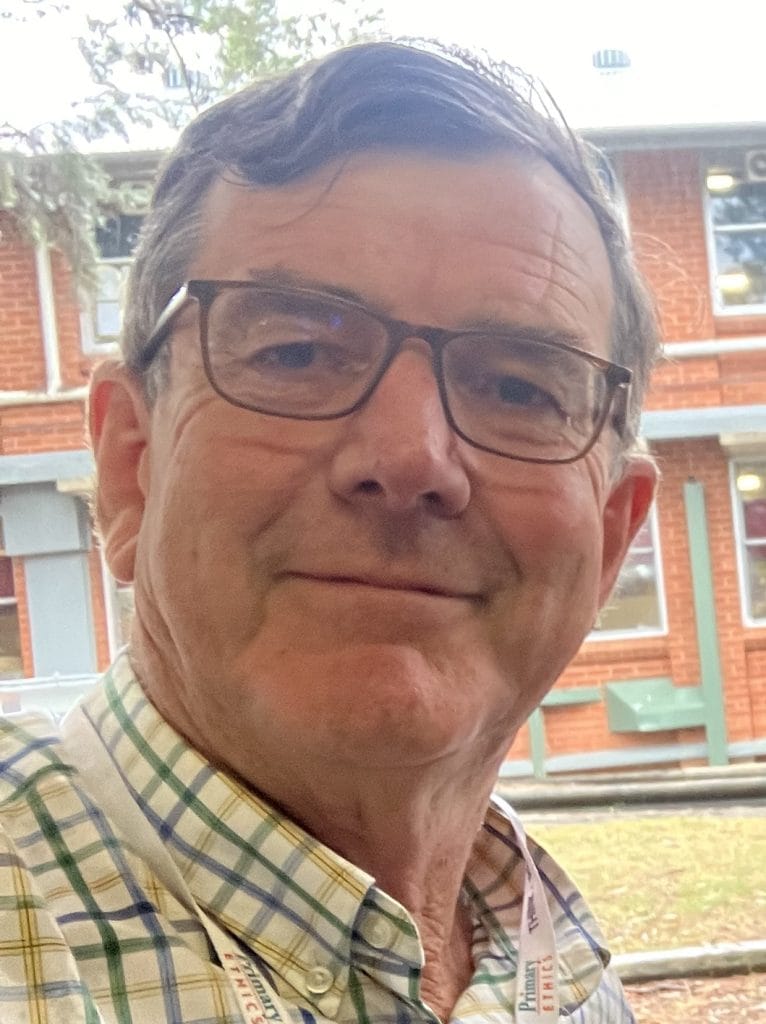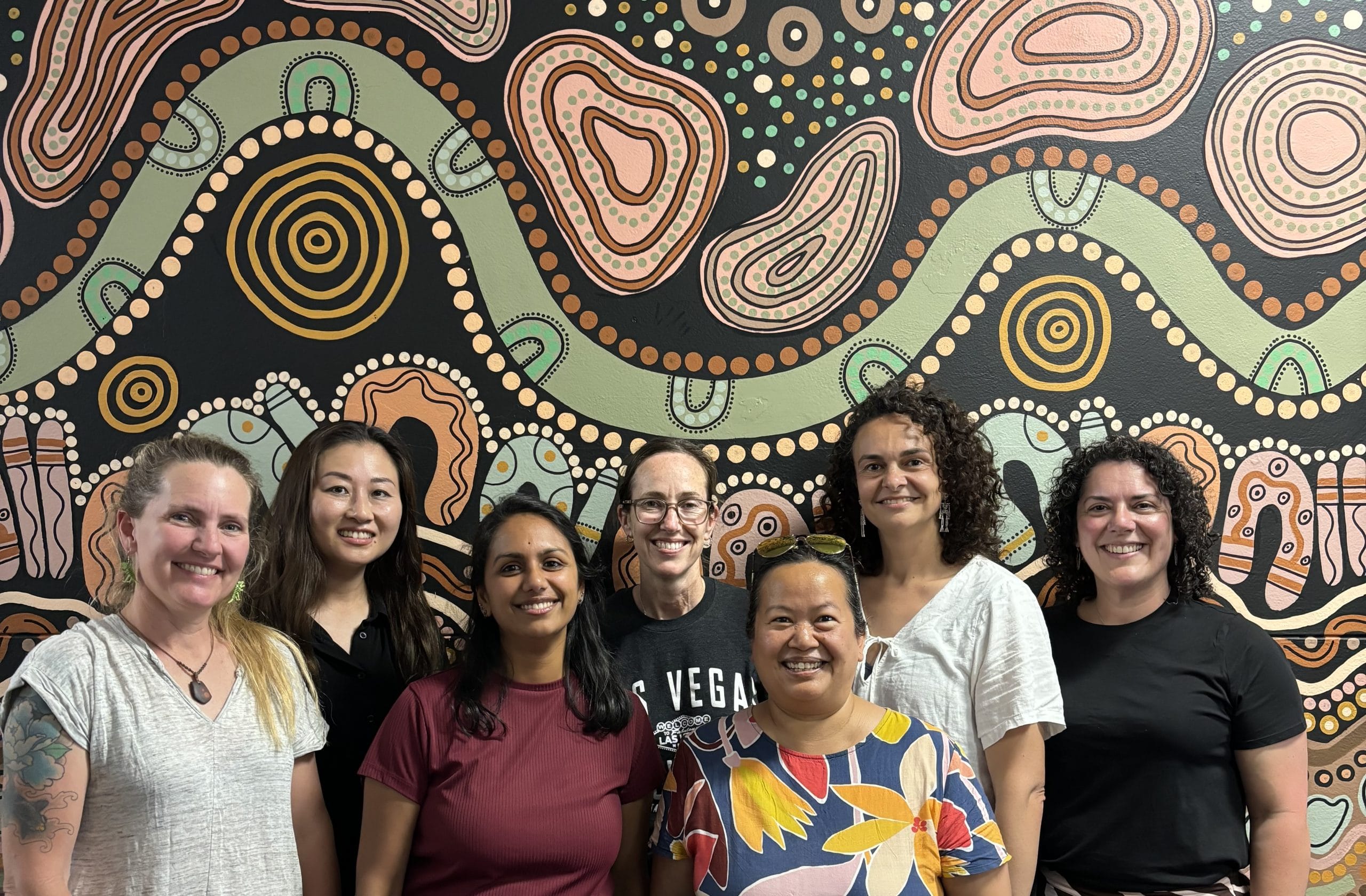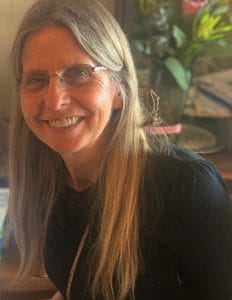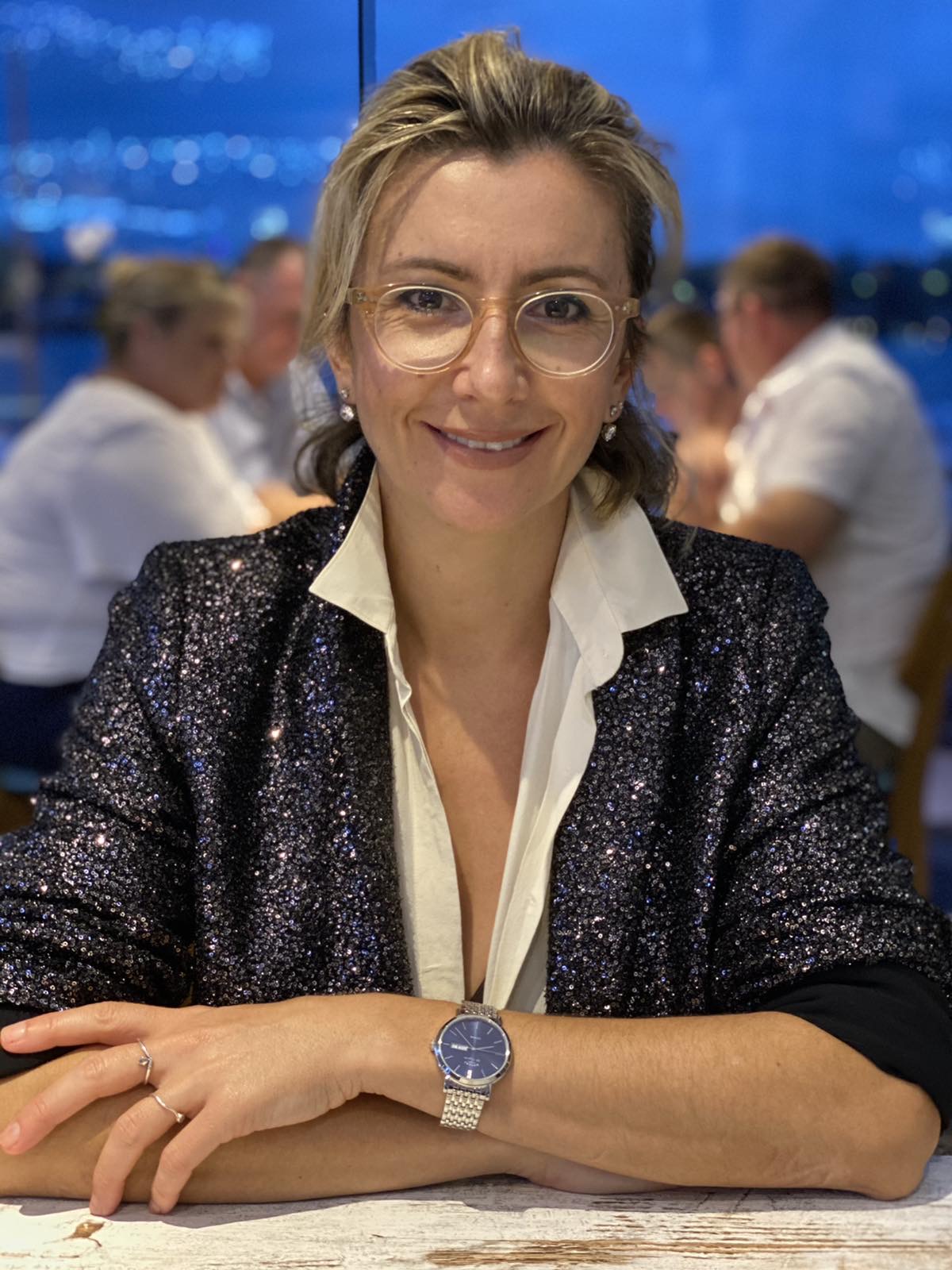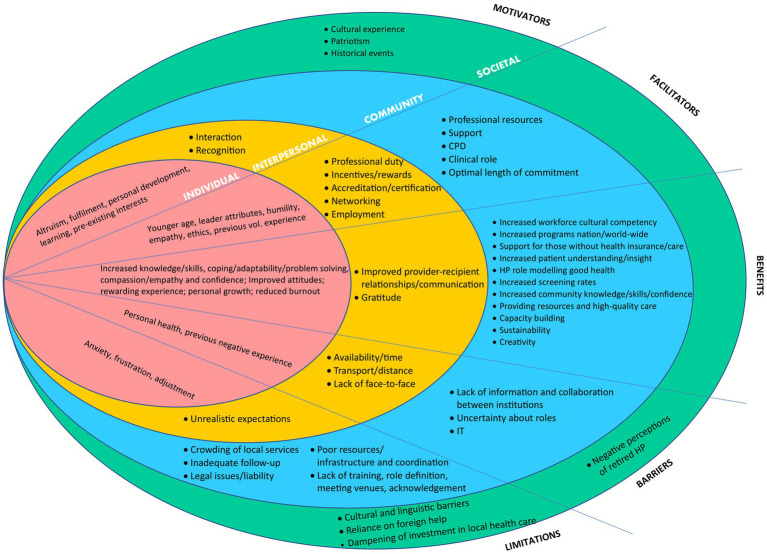Primary Ethics to merge with The Ethics Centre
Primary Ethics, the not-for-profit organisation delivering Special Ethics Education in NSW public primary schools, will merge with its founding body, The Ethics Centre, in a strategic move to enhance ethics education opportunities.
Established by The Ethics Centre in 2010, Primary Ethics has equipped more than 250,000 students in over 650 NSW public schools with vital skills in critical thinking, ethical reasoning and respectful discussion, thanks to the dedication of thousands of trained volunteers.
For over three decades, The Ethics Centre has been a leader in developing innovative and impactful ethics education initiatives in Australian primary and high schools, including initiatives such as Moral Courage and Common Ground. The Centre is committed to developing programs that help young people navigate the ethical challenges they face now and in the future, guided by a Youth Advisory Council.
“This merger brings together two organisations that share a deep commitment to building ethical literacy in Australia,” said Dr Simon Longstaff AO, Chair of the Primary Ethics Board and Executive Director of The Ethics Centre. “We’re immensely proud of the impact Primary Ethics has made in NSW schools and this step allows us to explore future possibilities to build on that legacy.”
While the merger will bring opportunities for collaboration and growth, the day-to-day delivery of Primary Ethics classes in NSW public schools will remain unchanged. The quality of the curriculum, the role of volunteers and the integrity of donations to Primary Ethics will all be preserved.
Dr Longstaff said: “The ethics education program that our volunteers, supporters and families know and value will continue to operate as it does today. What’s changing is the opportunity to do more – to innovate, to reach new communities and to bring ethics education to a broader audience. This is about broadening horizons while staying true to our roots.”
Detailed planning for the merger is underway, with full implementation to follow stakeholder consultation.
MEDIA CONTACTS
Primary Ethics: Susan Ardill – communications@primaryethics.com.au M: 0478356969
The Ethics Centre: Kathleen Evesson – communications@ethics.org.au M: 0414171945

